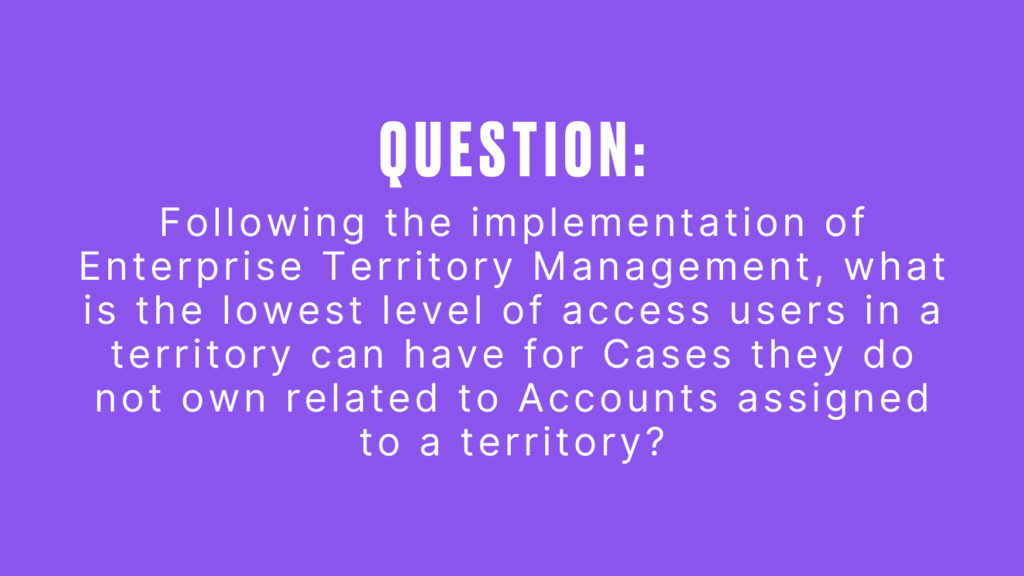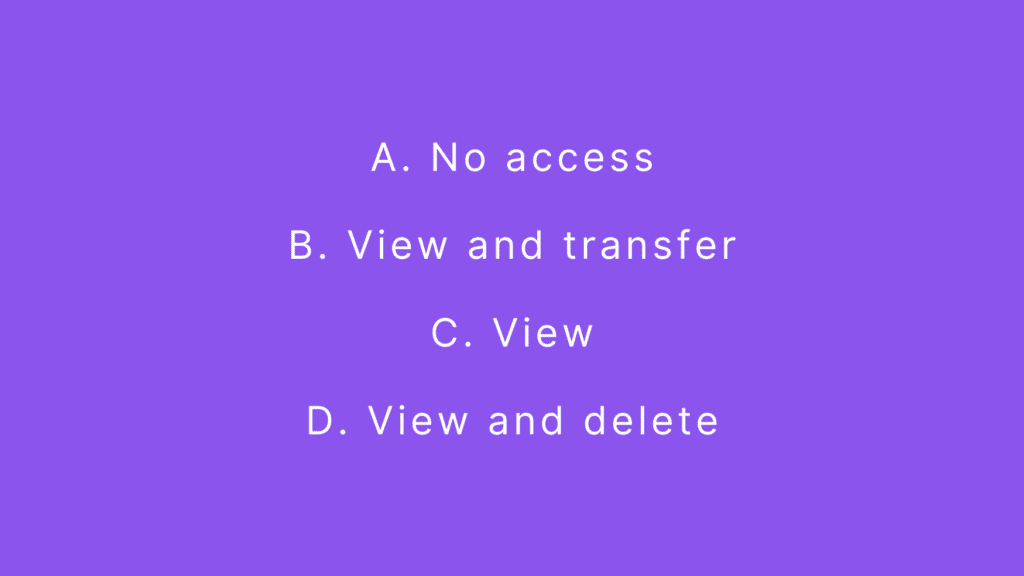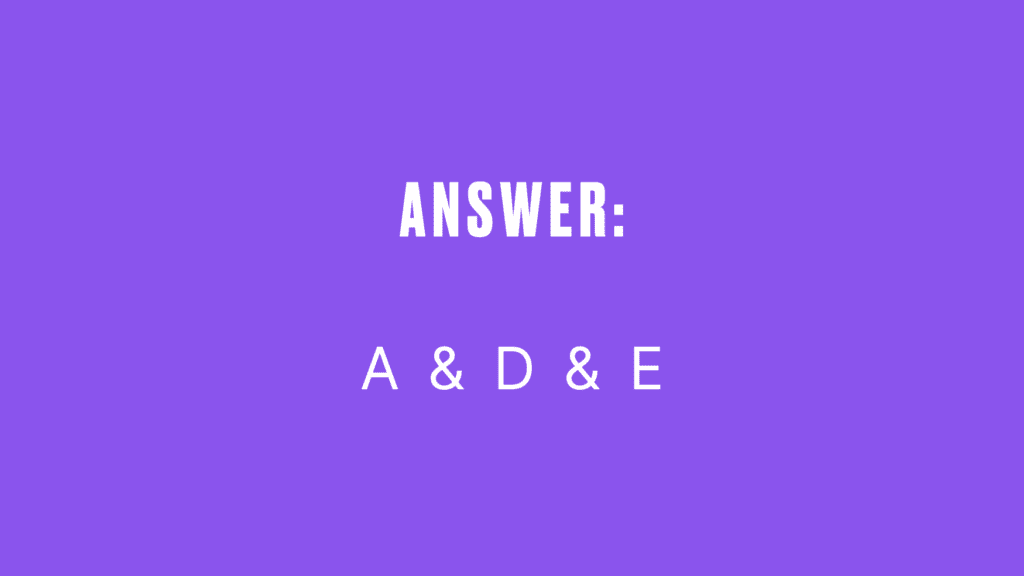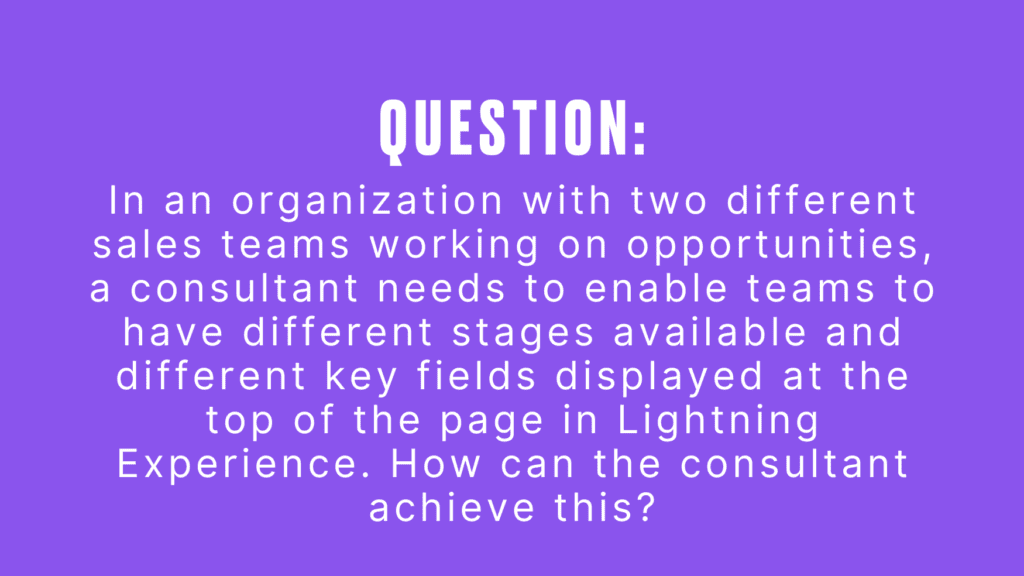This Sales Cloud certification is designed for consultants who have experience of implementing Salesforce Sales Cloud solutions in a customer-facing role. The exam zones into Salesforce’s most popular and customizable product, taking a deep dive into all the features that make up the Sales Cloud.
This guide will focus on key topics, as well as the best strategy for studying and taking the exam itself. You should be prepared for a heavily scenario-based certification. You can also check out the Trailhead exam guide.
Here’s what you need to know ahead of the exam:
- Mid-level certification
- 2-5 years of experience required
- The Salesforce Administrator certification is a prerequisite
- $200 fee
Who’s the Ideal Candidate?
This exam is designed for customer-facing consultants with experience of implementing Salesforce from scratch. While consulting experience is nice to have, this Sales Cloud certification is still very much applicable for Salesforce Admins who want to prove their advanced knowledge of the platform — especially those dealing with slightly more complex Salesforce implementations.
This certification might be exactly what you’re looking for if you’re aiming for a promotion, transitioning from an administrative to a consulting role, or you simply want an accreditation to go along with your expertise on the Salesforce platform.
Note: The Salesforce Administrator certification is a prerequisite — you must obtain this before registering for the Sales Cloud Consultant exam.
Key Topics
Salesforce Exams are made up of different topics, each with different weightings. In comparison with other Salesforce certifications, the Sales Cloud Consultant is one of the more complex options, as it covers ten different categories.
It’s important to pay attention to these, as just a few sections will most likely take up the majority of the exam, such as the key topics below, which come to a total of 63%. We’ll even throw in some example questions.


1. Application of Product Knowledge (18%)
The largest section on this exam (with over ten questions) is testing the candidate’s way of applying product knowledge in the Salesforce ecosystem. The question topics are sure to cover everything from the Lead stage of the process all the way through to Opportunity management, quoting, and fulfilling the order.
On top of the above, this is the section where out-of-the-box Salesforce features will be covered. Think Enterprise Territory Management or Advanced Currency Management, as well as the appropriate situations for using AppExchange managed packages.
2. Implementation Strategies (13%)
All questions in this section will be scenario-based, and will test your knowledge, not only on the platform, but also on your understanding and translating business requirements into a solution.
Here is where the consulting experience – for the candidates who have it – comes into play. From gathering requirements through to the production deployment, you should be familiar with (and comfortable applying concepts) that make a consulting engagement successful as well as measurable.
3. Account and Contact Management (11%)
Although you should find Accounts and Contacts a relatively simple concept by the time you decide to take this exam, there are a lot of features surrounding them which extend the functionality for more specific requirements. These include (but are not limited to) Account Hierarchies, Related Contacts, Person Accounts, and Events.
In addition, you will be expected to determine how ownership on Accounts and Contacts can drive visibility of records such as Opportunities, Cases, and Activities.
4. Sales Practices (11%)
One of the key sections of this exam, here is where your knowledge pertaining to Sales Cloud and related products (such as Einstein products or Salesforce Inbox) will be evaluated, all using – once again – scenario-based questions.
You also need to be familiar with the implementation considerations, along with sales and marketing specific processes as well as KPI measurement and solving business challenges.
5. Opportunity Management (10%)
This section will cover a wide range of topics, specifically the relationships between a few interconnected features such as Sales Stages, Sales Processes, Forecasts, and Pipeline. Questions will also include the relationships between:
- Opportunities to assets
- Product line items and schedules
- Price books
- Quotes
- Contracts
- Campaigns
Quite a few questions will be scenario-based, and you will be able to get a few easy points by proposing the most appropriate forecasting solution, as well as knowing the implications of activating advanced currency management.
Study Strategy
The Sales Cloud Certification is a popular follow-on qualification from the Admin exam; as the most popular Salesforce product, it’s often the one that professionals familiarize themselves with first.
Luckily for you, this means there is an abundance of resources out there to help you revise for this exam. As previously stated, this exam is heavily scenario-focussed, as it’s designed for a consulting role that takes business requirements and translates them into a Salesforce solution. This means you need to understand the technical side, as well as the business side.
Trailhead is a great way to get this experience, as most modules will follow a scenario, giving you exposure to the consulting skills you will need. If you want to take this a step further, try completing the Superbadges available on Trailhead, as these go through complex use cases that result in a complex solution touching multiple topics.
Here’s another way to keep things interesting while studying the key concepts and features. Try inventing a business with its own requirements and challenges; spin up a new Salesforce developer edition org and pretend you are a B2B Company with a complex sales process and reporting requirements, as well as Opportunities in multiple currencies. This way, you can test out everything you need to know and learn to implement from the inside out.
Exam Strategy
Ready for when ‘exam day’ finally hits, there are a bunch of tips we gathered over the years to give you the best chance of passing with flying colors.
Firstly, if there are any concepts you are struggling to get to grips with, then print off a cheat sheet and try to memorize it before you take the exam — this will keep everything fresh in your memory. You could also write down the key points, depending on your learning style.
When taking the exam, pay particular attention to the question, and read it through a few times. For scenario-based questions, the answer options will give you huge clues as to what the correct answer actually is. If you are taking the exam in a test center, make use of the pen and paper provided to draw out a data schema, role hierarchy, or any other diagram that will help you visualize the answer. Please note, this is not allowed during online proctored exams.
When deciding on the answer, be sure to use the process of elimination to get rid of the answers that are definitely incorrect. Salesforce likes to throw in answers that are made up of different features or just plain incorrect. They also like to throw in curveballs — features that appear to be correct but aren’t best practice. You can often work these out by focussing on standard Salesforce features that accomplish a task. For example, you could build a custom approval process with a process builder, but why do this when there is a standard feature that could be used instead?
You also have a great tool at your disposal, the “Mark for review” checkbox that appears below each question. This is great if you can’t think of an answer right at that moment, or if you are doubtful about your answer. At the end of the exam, you will have a chance to review the questions marked for review (as well as all others), which will give you a pretty good idea of how likely you are to have passed the test. I would always recommend going through every question if time permits. I do this on every exam and often spot mistakes I’ve made, or even find the answer to another question I hadn’t yet completed.
Even if you don’t pass the exam on your first attempt, be sure to write down the topics you found most challenging – this will allow you to study further and test again. It is recommended that you schedule the retake as soon as possible to avoid disrupting the flow and prevent you from forgetting the things you don’t work with day in, day out. Similar to all other Salesforce exams, the Sales Cloud Certification retake fee is half price and you can have up to three attempts per release – as this is subject to change, make sure you check out the retake policy.
Resources
Tips
- Bookmark the official Trailhead Exam Guide and use this as your master revision list.
- Ensure you not only read about the features and concepts, but thoroughly test them out in a Developer Org or a Trailhead Playground. This will ensure you cover all functionalities, preparing you for some very detailed questions.
- Once you feel confident with some of the modules, book your exam to give you a date to aim towards. This will give you the motivation to invest time, revise all topics, and pass the exam.
- Try out our mock exams to practise for the real thing, and test for any gaps in your knowledge.
- Download our Top 10 Salesforce Certification Tips eBook.
Final Thoughts
The Sales Cloud Consultant certification is great if you’re looking for a more advanced qualification that can be applied in the real world. Sales Cloud is the most popular Salesforce product. As a result, there are a lot of resources available, as well as guidance within the wider Salesforce community. And of course, companies are always looking for qualified individuals to help them get the most out of their purchase.
If you are looking to switch roles and join a Salesforce consultancy from another background, this certification will inspire confidence. Employers will know that you have advanced knowledge of a product they will be implementing, and can seamlessly translate any business requirements thrown your way into scalable technical solutions.












Comments: